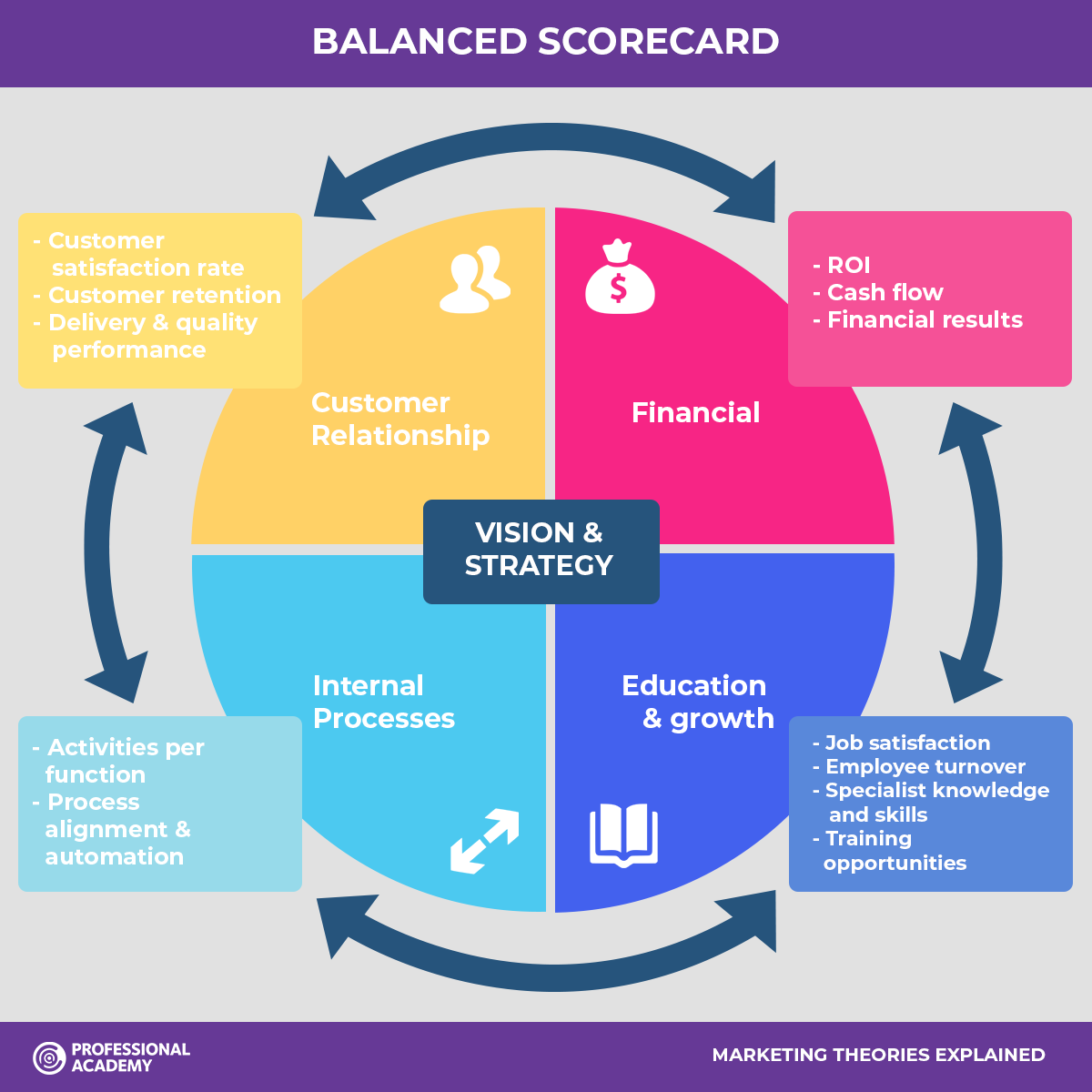Session 42
25 Jan 2022
Budgetary controls are essential at all levels of management. The purpose of budgets is as follows-
- Help managers coordinate resources and projects.
- Help define the established standards for control.
- Provide guidelines about resources and expectations.
- Enable evaluation of the performance of managers and organizational units.
We understood the purpose of budgetary controls by looking at various types of budgetary controls. These can be broadly divided into 3 groups- financial, operating and non-monetary budget which is further subdivided into various categories.
Next, we moved to structural control. This includes the following-
- Bureaucratic (Centralized) Control- A form of organizational control characterized by formal and mechanistic structural arrangements.
- Decentralized control- An approach to organizational control based on informal and organic structural arrangements.
- The Control Choice- Centralization creates more control and coordination, whereas decentralization fosters adaptability and innovation.
Next, we discussed strategic control. Finding multiple methods to implement the strategic plan is what strategic control is characterised as. It is primarily concerned with finding and assisting you in adapting to different factors, including internal or external factors. The primary objective of strategic control is to ensure that organization has an effective balance and alignment with its internal and external environment. This is very important when it comes to moving forward towards achieving strategic goals.
The various types of strategic control are explained with help of the examples below.



No comments:
Post a Comment